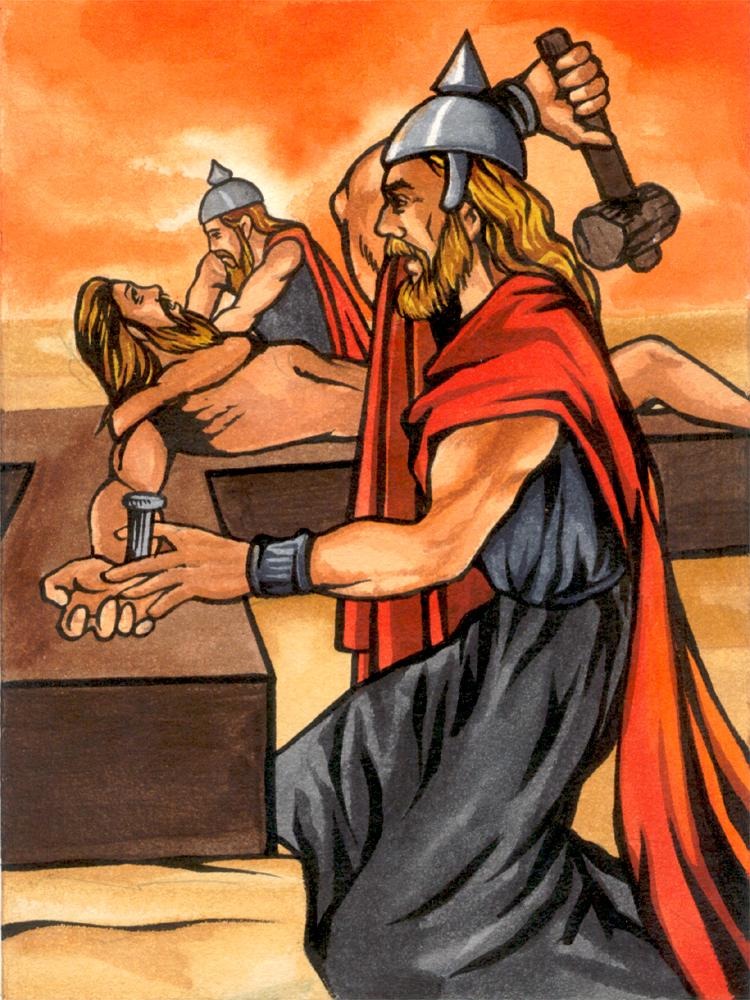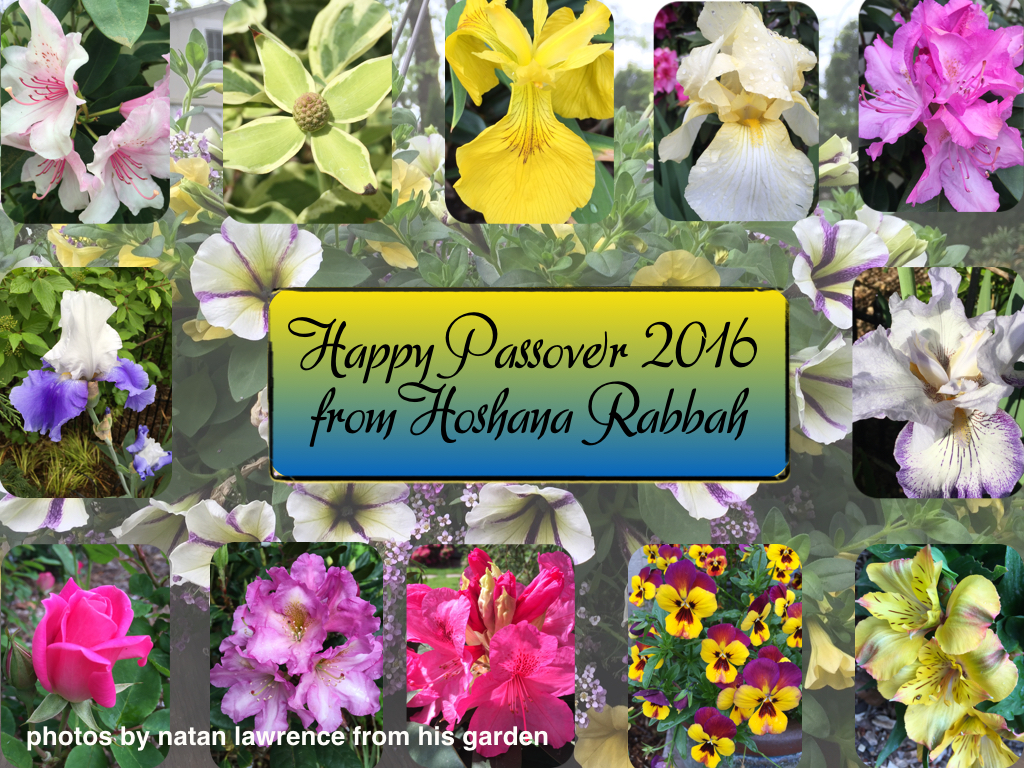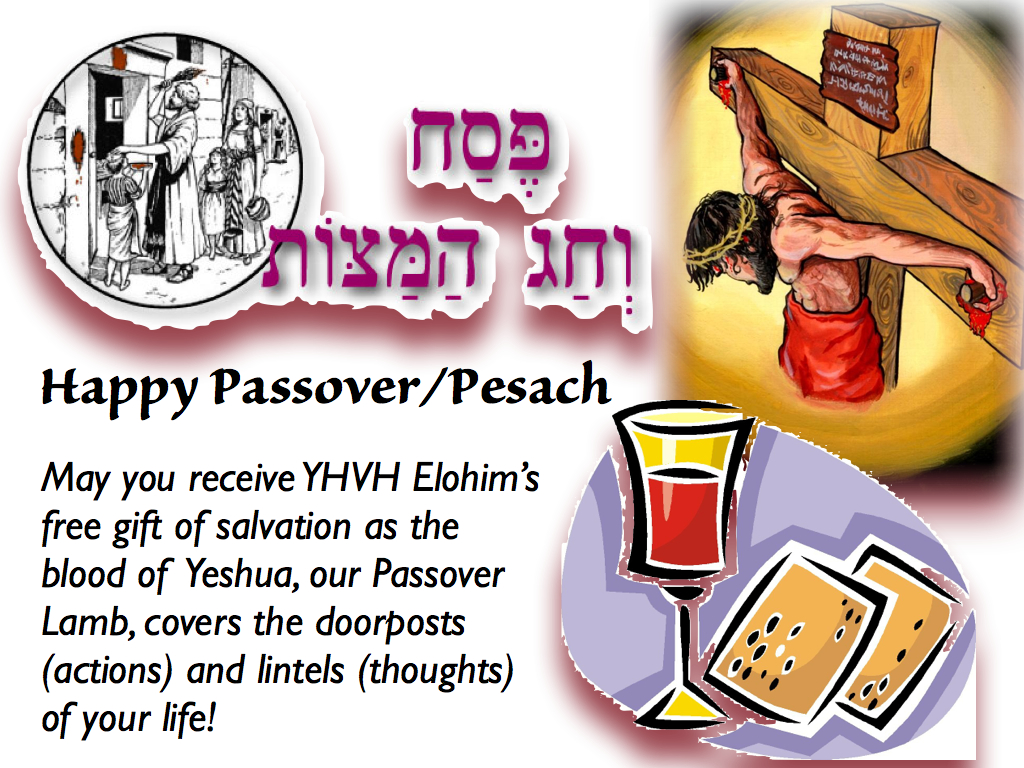The Feast of Unleavened Bread Is a Commemorative Ritual
Passover going into the first day of the Feast of Unleavened Bread is the birthday of the nation of Israel. In ancient times, universal Israel came together in Jerusalem to celebrate this event. Today, redeemed Israelites come together to celebrate these divine appointment sacred convocations.
Abstaining from leavened bread for seven days is symbolic of Elohim’s people separating themselves from sin and turning towards a holy relationship with him.
Removing leavening from our homes is a symbolic activity just like taking communion, being baptized for the remission of sins, or building a sukkah during the Feast of Tabernacles. As humans, we need symbolic commemorative occasions for several reasons. They give us a sense of history by helping us to understand the past, so that we can move forward into the future knowing who we are and where we’ve come from. They give us guidance so that we’ll learn from the lessons of history, both the good and bad ones. Our American culture is full of symbolic rituals and commemorative acts and markers (Christmas, Easter, birthdays, anniversaries, Independence Day, Memorial Day, Veterans Day, Thanksgiving Day, statues, historical markers, monuments, museums, heritage sites, etc.). Likewise, Biblical commemorative rituals help us in several ways.
They help us to both recall and commemorate past and future events.
They help us to understand who we are by recalling where we’ve come from which in turn helps us to understand where we’re going.
They can be something physical that helps us to wrap our minds around difficult-to-understand spiritual principle.
They are something physical that help to point us toward a spiritual reality. They help to raise our hopes and our eyes above our mundane existence and strengthen our faith as we move toward the higher goal or reality to which the ritual or commemorative event points.
They help us to teach and to pass on to each new generation not only about our past history, but our future hope.
Leavening Is a Picture of Sin
The observance of the Feast of Unleavened Bread is a symbol of our commitment to turn towards righteousness and turn away from sin. How serious we are about removing physical leaven from our homes in compliance with YHVH’s commands is an indicator of how serious we are about removing sin from our lives.
While leavening makes bread rise and is therefore a symbol for pride, leavening is also a Continue reading





